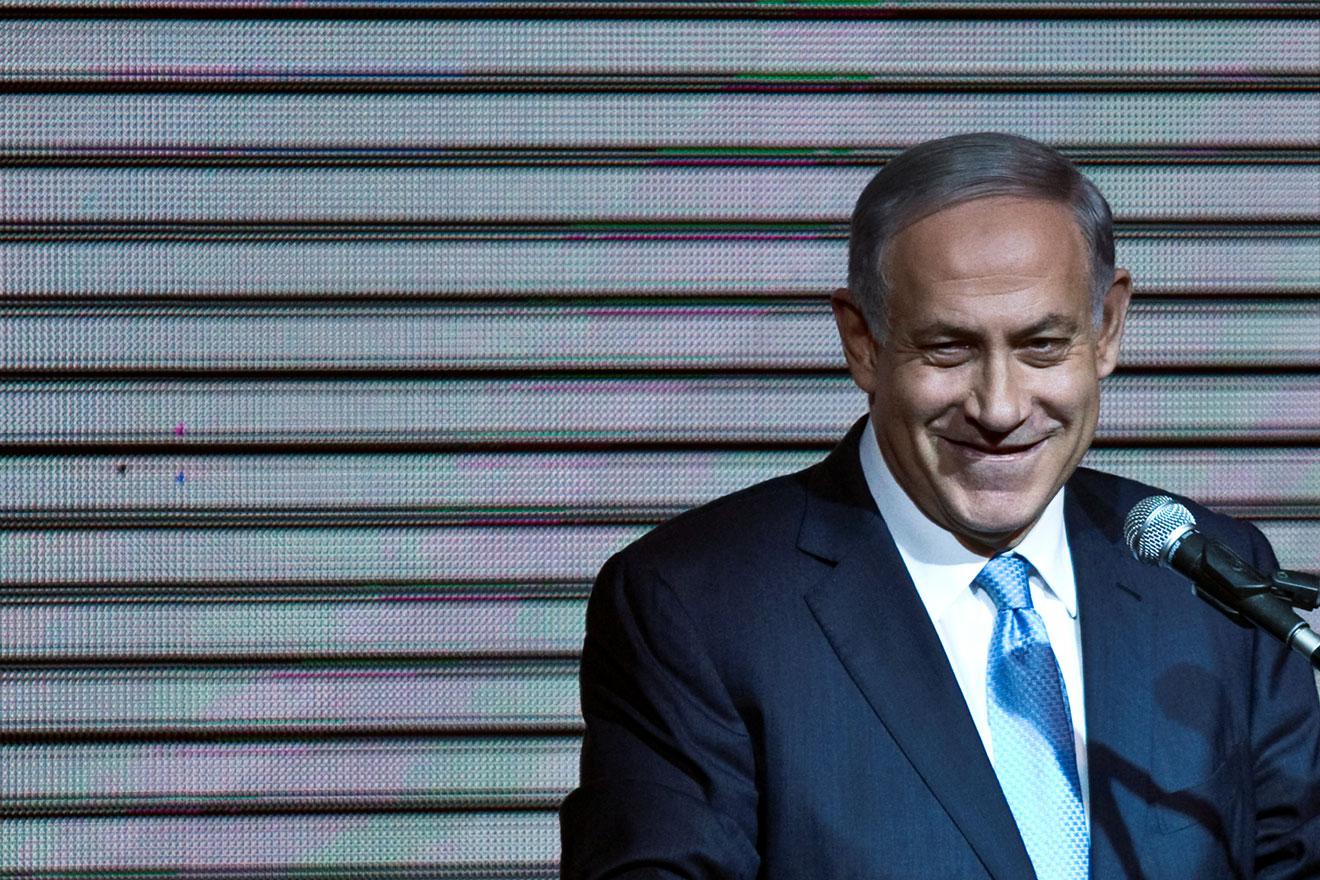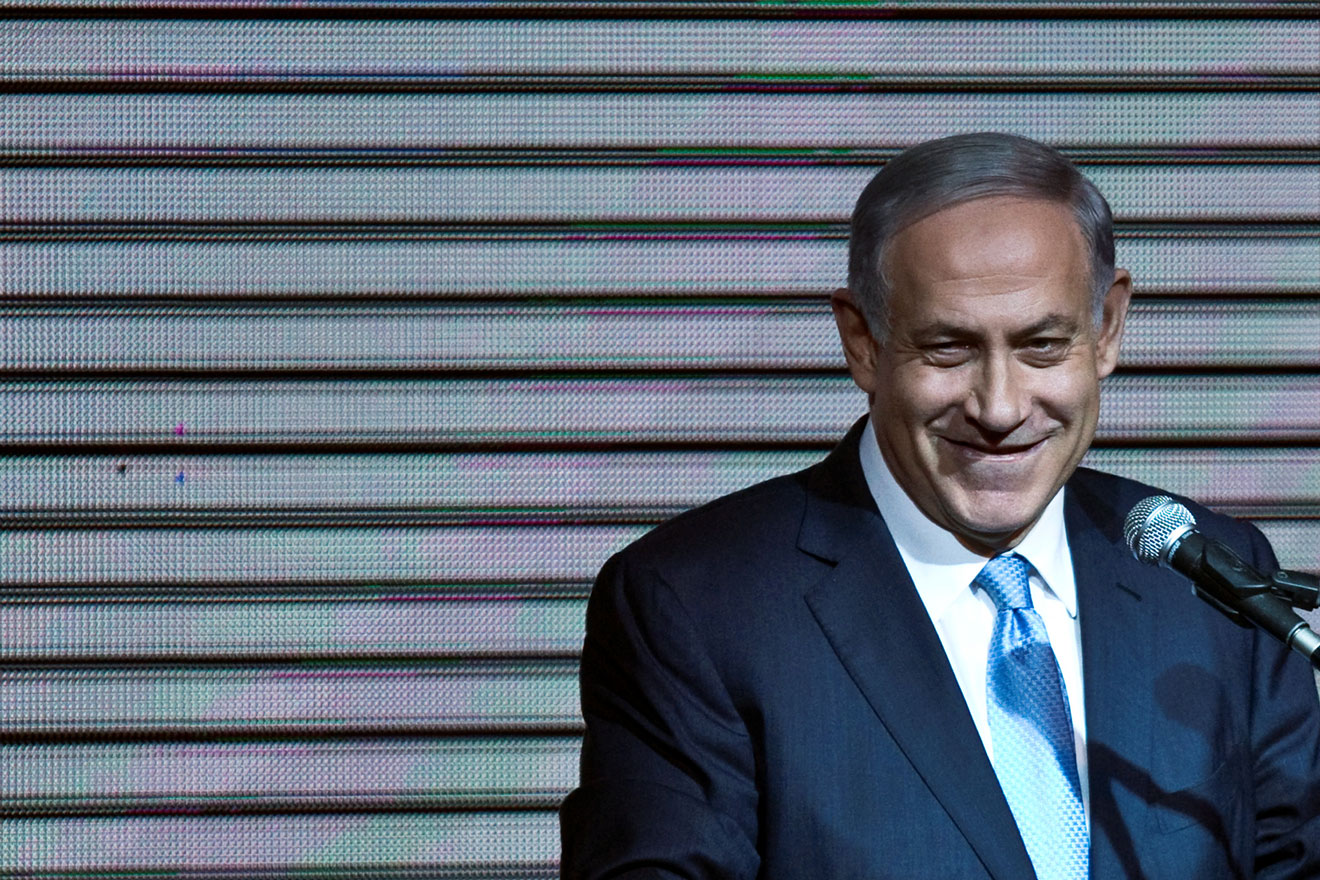Israel says 'impudent' Palestinians abused Saudi guest
JERUSALEM - Israeli government officials on Tuesday condemned the actions of Palestinians who hurled abuse and chairs at a Saudi blogger visiting Jerusalem as a guest of the Israeli state.
The Saudi visitor, named by Israeli public radio as Mohammed Saud, was one of six invitees from Arab states brought to Israel by its foreign ministry to give them 'fresh viewpoints' on the country.
Such visits have been held before, but Iraq and Saudi Arabia were taking part for the first time, the foreign ministry said.
Video posted online showed mainly young Palestinians spitting, cursing and throwing plastic chairs at Saud as he walked on Monday through the Old City of Israeli-annexed east Jerusalem.
The spitting and abuse continued as he toured the Al-Aqsa mosque complex.
"Go and pray with the Jews, go and pray in the Knesset (Israeli parliament). What are you doing here?" one man shouted.
Ofir Gendelman, a spokesman for Netanyahu, described Saud as a "peace activist".
"When he came to pray at the #AlAqsaMosque, Palestinian thugs attacked him & spat on him, thus defiling this holy place," Gendelman wrote on Twitter Tuesday.
"It was barbaric, impudent," a foreign ministry spokesman, Hassan Kabia, said.
He would not identify the visitors but described them as "social activists, bloggers and media people."
Prime Minister Benjamin Netanyahu said he met with the visitors on Tuesday and "they expressed their wish that the Arab publics would come to Israel and strengthen ties."
Saud, who speaks Hebrew, is known as a staunch supporter of Israel Prime Minister Benjamin Netanyahu, who many Palestinians have called a racist for his inflammatory rhetoric and discriminatory policies towards Arabs. Saud's social media profiles are littered with messages of support for Israel, Netanyahu and his right-wing Likud party.
Jerusalem and its holy sites are the most sensitive issues in the Israeli-Palestinian conflict.
The Al-Aqsa mosque compound is the third-holiest site in Islam.
Jews refer to it as the Temple Mount, believing it is the location of the two biblical-era temples, and consider it their holiest place.
It is located in east Jerusalem, occupied by Israel in the 1967 Six-Day War and later annexed in an illegal move never recognised by the international community.
The visit comes as Israel seeks to improve ties with Gulf Arab countries, with which it has no formal diplomatic relations.
Those states have held off offering Israel formal recognition due to its continuing occupation of Palestinian territory, but their relations have warmed of late, largely due to common fear over Iran.
The journalists were to visit Jerusalem's Yad Vashem Holocaust memorial, parliament and holy sites, among others, the foreign ministry said in a statement.
It said it had "the aim of exposing the journalists -- some of whom come from countries that do not have diplomatic relations with Israel -- to Israeli positions on diplomatic and geopolitical issues".
Jordan is also participating, the ministry said.
It is one of only two Arab countries, along with Egypt, that have diplomatic relations with Israel.
On Thursday, Israeli foreign minister Israel Katz said he had met his Bahraini counterpart publicly for the first time during a visit to Washington last week.
Katz also recently visited Abu Dhabi for a UN climate conference, where he met United Nations chief Antonio Guterres and an unnamed "high ranking UAE official".



